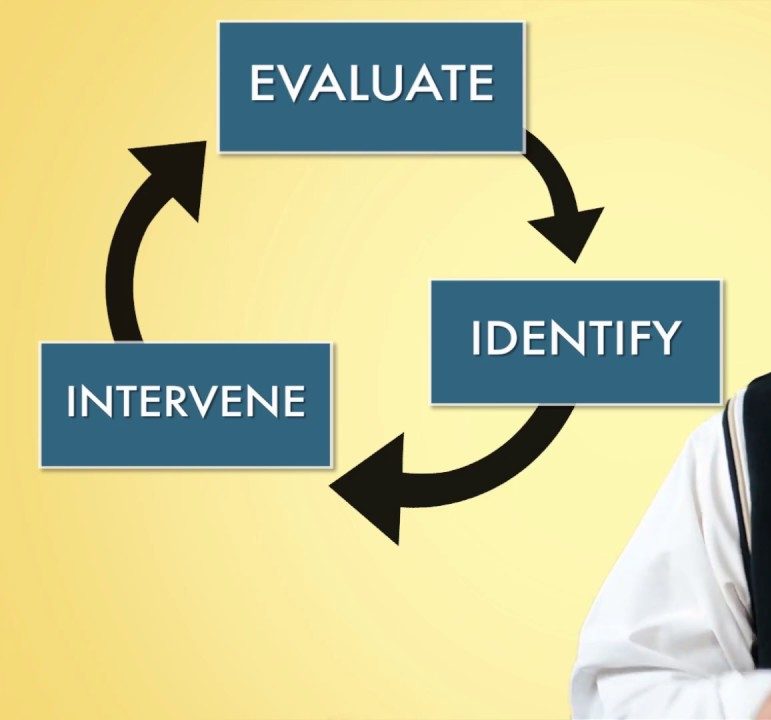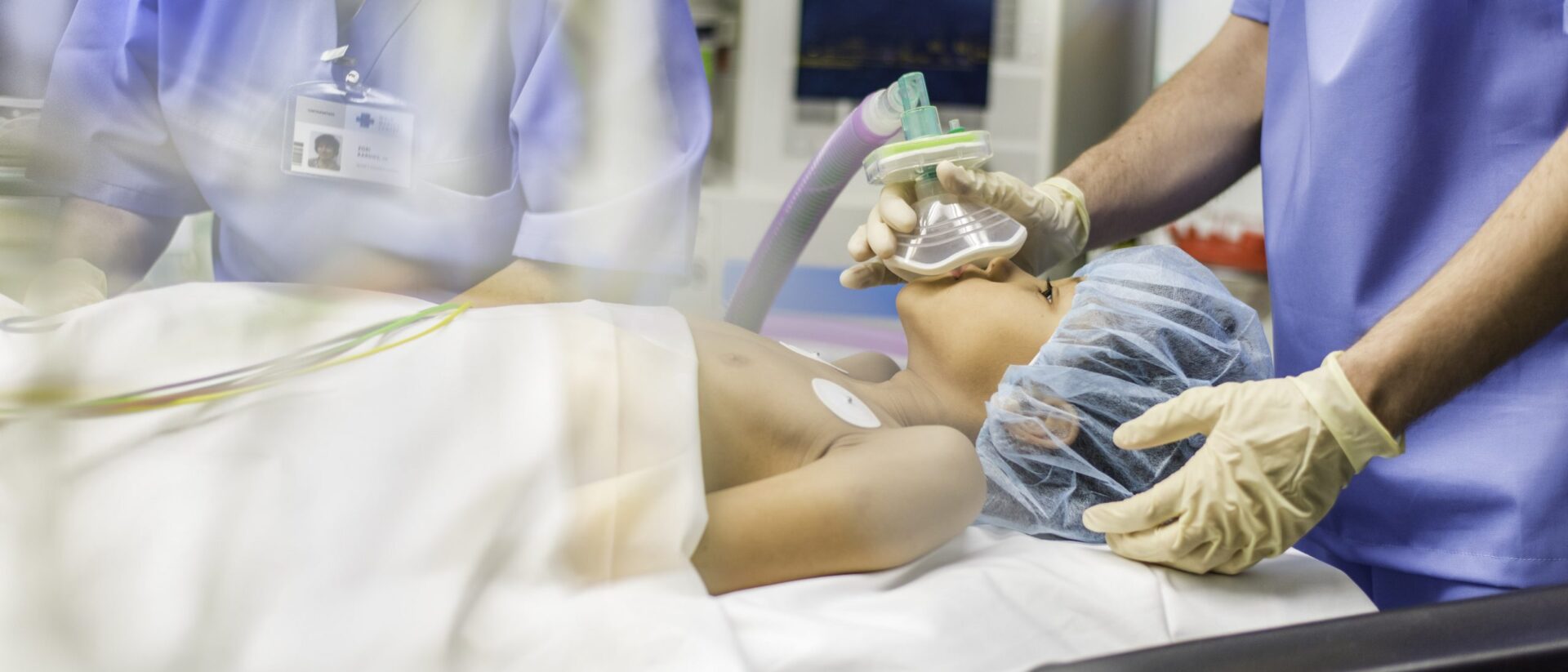Whether or not you are an EMS professional, nurse, or physician you have likely heard about a basic life support (BLS) certification and an advanced cardiac life support (ACLS) certification. These courses train individuals on how to recognize when an emergency is life-threatening and how to respond with chest compressions, ventilation, and the use of an automated external defibrillator (AED).
Another lesser-known but critical life-saving certification is the pediatric advanced life support (PALS) certification.
Here’s what you need to know about PALS certification and how it can help you save a child’s life during a cardiopulmonary emergency
What Is PALS Certification?
Unlike BLS and ACLS certifications, PALS centers specifically on delivering essential care to critically ill or injured infants and children.
A PALS certification is a more advanced course of study than CPR or BLS. According to the National CPR Foundation, “By the end of the course, professionals learn PALS treatment algorithms, team dynamics, effective resuscitation, and effective pediatric assessment.”
The topics covered in a PALS certification course include:
- Timely recognition of and interventions required to prevent respiratory and cardiac arrest in any pediatric patient
- Systematic approach to pediatric assessment by using initial impression, primary and secondary assessments, and diagnostic tests
- Priorities and specific interventions for infants and children with respiratory and/or circulatory emergencies
- Importance of effective communication and team dynamics, including individual roles and responsibilities, during a pediatric resuscitation’
- Key elements of post-resuscitation management
- Effective, high-quality cardiopulmonary resuscitation (CPR)
- Effective respiratory management within your scope of practice
- Selection and application of appropriate cardiorespiratory monitoring
- Selection and administration of the appropriate medications and electrical therapies when presented with an arrhythmia scenario
- Establishment of rapid capsular access to administer fluid and medications
The ultimate goal of PALS certification is to improve pediatric patient outcomes.
Why Is PALS Certification Important?
The bodies of children and infants respond differently than those of adults. In life-threatening situations, it is critical that health professionals understand the best practices for treating pediatric patients.
Some of the biggest differences in delivering life support to pediatric patients include heart rhythms and airway management tools. It’s also important for medical caregivers to understand the impacts of various drugs on infants and children.
“Compared with adults, cardiac emergencies are infrequent in children and clinical presentation is often quite variable,” Aisha Frazier, Elizabeth Hunt, and Kathryn Holmes write in “Pediatric Cardiac Emergencies.” Because of this, refreshing your PALS skills and certification are crucial to improving pediatric patient outcomes when critical situations do arise.
Any healthcare professionals who have the potential to respond to emergencies involving children and infants should complete a PALS certification and continually refresh and review their skills. This includes first responders as part of their EMT certification, nurses in charge of delivering emergency medicine, and individuals working in intensive care and critical care units.
Online PALS Certification With ACLS.com
ACLS.com’s online PALS certification course offers medical professionals a comprehensive understanding of the skills and best practices they will need to help children in life-threatening emergencies.
We’ve designed our course to provide you with industry-leading content that can improve patient outcomes. The entire curriculum is online, giving you the flexibility and convenience you need to work with your busy schedule. You can complete your certification anytime, anywhere, and on any device.
Our curriculum is nationally-accredited by CAPCE as well as the ADA, AMA, and ANCC in joint providership with the Postgraduate Institute for Medicine (PIM) to ensure you receive the information you need to make a difference in critical situations.
Get started on your online PALS certification today!
Sources:
- Frazier A, Hunt EA, Holmes K. Pediatric cardiac emergencies: Children are not small adults. J Emerg Trauma Shock. 2011;4(1):89‐96. doi:10.4103/0974-2700.76842
- National CPR Foundation. What’s a PALS and ACLS certification? March 25, 2020. https://www.nationalcprfoundation.com/acls-pals/.
- American Heart Association. PALS. March 25, 2020. http://cpr.heart.org/AHAECC/CPRAndECC/Training/HealthcareProfessional/Paediatric/UCM_476258_PALS.jsp.
Recommended Articles

PALS Primary Assessment Overview Video
The primary assessment is broken into A, B, C, D, E: airway, breathing, circulation, disability, exposure. Learn more in this short video review.




